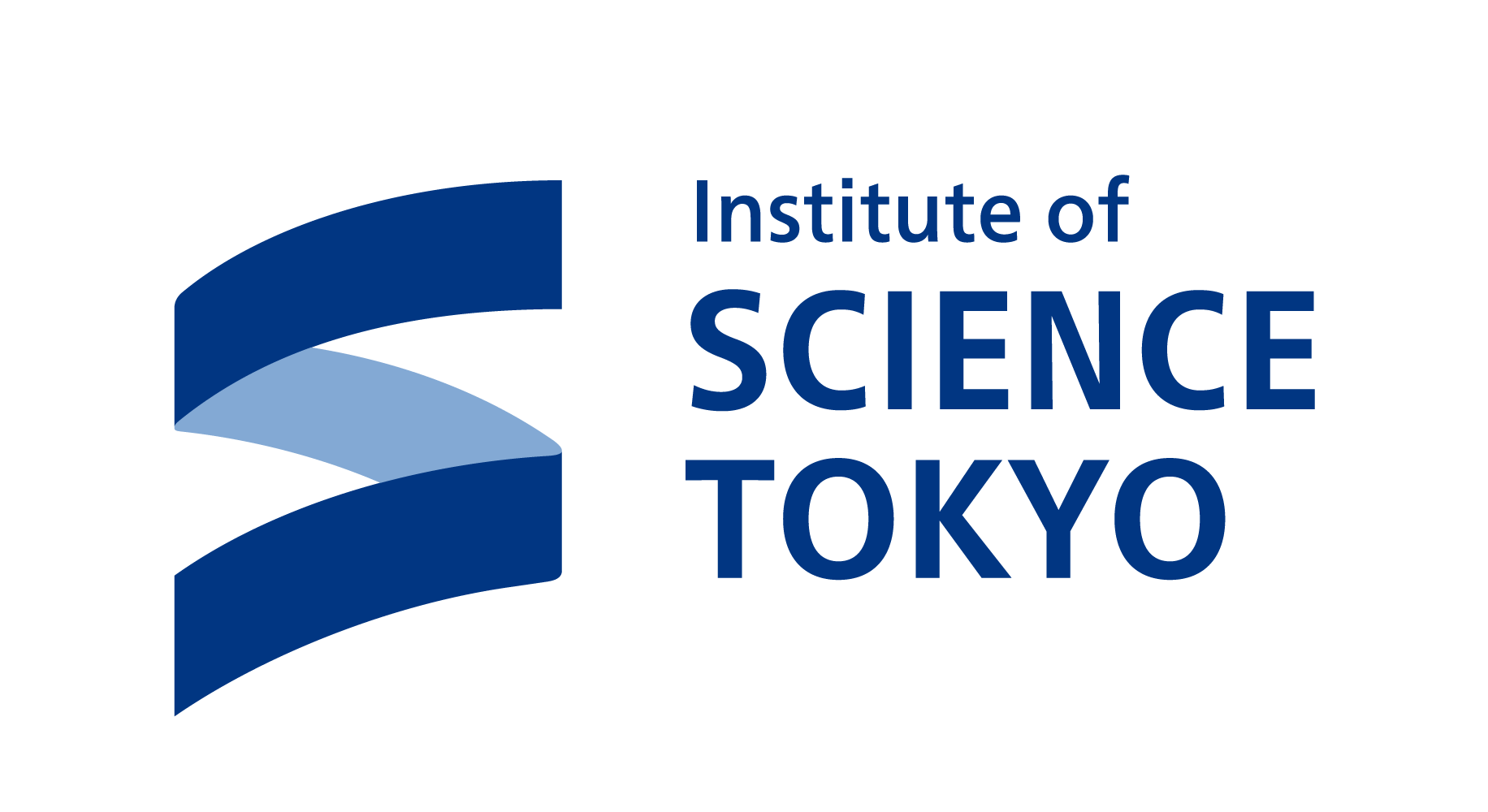
研究室の使命 / Missions of our group
国連の持続可能な開発目標(SDGs)で示される17の目標は、我々人類が持続可能な社会を構築し、地球環境と共生していくために極めて重要な指針です。一部の目標については野心的であると評価されているものの、私どもの研究室では、水環境や生態系、水処理等を対象とした研究活動を通して、SDGsならびに地球環境共生型社会の構築に貢献します。
The 17 goals in the United Nations Sustainable Development Goals (SDGs) are extremely important guidelines for humanity to develop a sustainable society and to live in harmony with the global environment. Although some of the goals are considered as ambitious, our group will contribute to the progress of SDGs via research activities on the water environment, water treatment and sustainability assessment.
本研究室の研究テーマと特に強く関係するSDGsターゲット / SDG targets relevant to the research theme of our group
- 3.9 /2030年までに、有害化学物質、並びに大気、水質及び土壌の汚染による死亡及び疾病の件数を大幅に減少させる。
- 4.c/2030年までに、開発途上国、特に後発開発途上国及び小島嶼開発途上国における教員研修のための国際協力などを通じて、質の高い教員の数を大幅に増加させる。
- 6.a /2030年までに、集水、海水淡水化、水の効率的利用、排水処理、リサイクル・再利用技術を含む開発途上国における水と衛生分野での活動と計画を対象とした国際協力と能力構築支援を拡大する。
- 6.3/2030年までに、汚染の減少、投棄の廃絶と有害な化学物・物質の放出の最小化、未処理の排水の割合半減及び再生利用と安全な再利用の世界的規模で大幅に増加させることにより、水質を改善する。
- 6.4 /2030年までに、全セクターにおいて水利用の効率を大幅に改善し、淡水の持続可能な採取及び供給を確保し水不足に対処するとともに、水不足に悩む人々の数を大幅に減少させる。
- 7.a /2030年までに、再生可能エネルギー、エネルギー効率及び先進的かつ環境負荷の低い化石燃料技術などのクリーンエネルギーの研究及び技術へのアクセスを促進するための国際協力を強化し、エネルギー関連インフラとクリーンエネルギー技術への投資を促進する。
- 7.2 /2030年までに、世界のエネルギーミックスにおける再生可能エネルギーの割合を大幅に拡大させる。
- 9.4 /2030年までに、資源利用効率の向上とクリーン技術及び環境に配慮した技術・産業プロセスの導入拡大を通じたインフラ改良や産業改善により、持続可能性を向上させる。
- 12.4 /2020年までに、合意された国際的な枠組みに従い、製品ライフサイクルを通じ、環境上適正な化学物質や全ての廃棄物の管理を実現し、人の健康や環境への悪影響を最小化するため、化学物質や廃棄物の大気、水、土壌への放出を大幅に削減する。
- 14.1 /2025年までに、海洋ごみや富栄養化を含む、特に陸上活動による汚染など、あらゆる種類の海洋汚染を防止し、大幅に削減する。
- 3.9 By 2030, substantially reduce the number of deaths and illnesses from hazardous chemicals and air, water and soil pollution and contamination
- 4.c By 2030, substantially increase the supply of qualified teachers, including through international cooperation for teacher training in developing countries, especially least developed countries and small island developing States
- 6.a By 2030, expand international cooperation and capacity-building support to developing countries in water- and sanitation-related activities and programmes, including water harvesting, desalination, water efficiency, wastewater treatment, recycling and reuse technologies
- 6.3 By 2030, improve water quality by reducing pollution, eliminating dumping and minimizing release of hazardous chemicals and materials, halving the proportion of untreated wastewater and substantially increasing recycling and safe reuse globally
- 6.4 By 2030, substantially increase water-use efficiency across all sectors and ensure sustainable withdrawals and supply of freshwater to address water scarcity and substantially reduce the number of people suffering from water scarcity
- 7.a By 2030, enhance international cooperation to facilitate access to clean energy research and technology, including renewable energy, energy efficiency and advanced and cleaner fossil-fuel technology, and promote investment in energy infrastructure and clean energy technology
- 7.2 By 2030, increase substantially the share of renewable energy in the global energy mix
- 9.4 By 2030, upgrade infrastructure and retrofit industries to make them sustainable, with increased resource-use efficiency and greater adoption of clean and environmentally sound technologies and industrial processes, with all countries taking action in accordance with their respective capabilities
- 12.4 By 2020, achieve the environmentally sound management of chemicals and all wastes throughout their life cycle, in accordance with agreed international frameworks, and significantly reduce their release to air, water and soil in order to minimize their adverse impacts on human health and the environment
- 14.1 By 2025, prevent and significantly reduce marine pollution of all kinds, in particular from land-based activities, including marine debris and nutrient pollution

